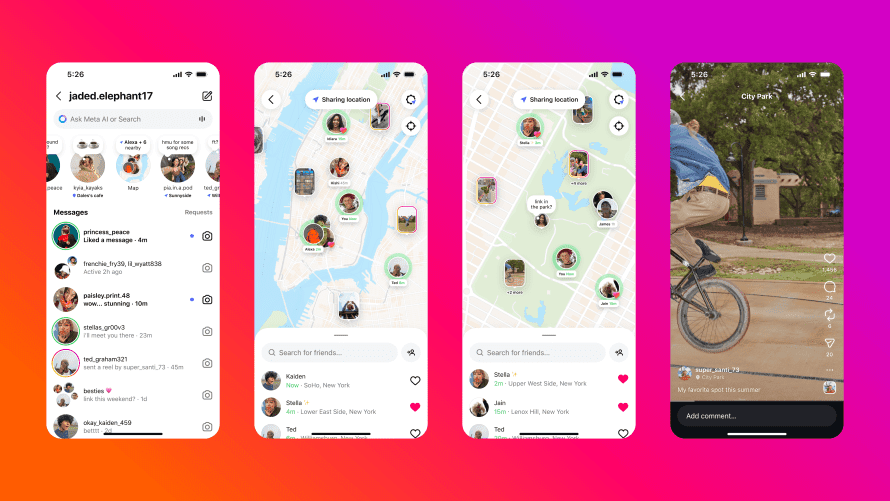Meta just brought Instagram's controversial Map feature to India, but with a twist - the company quietly slipped in several privacy improvements after users complained about confusion over location sharing. The rollout comes two months after the feature's global debut sparked privacy concerns, marking Meta's cautious approach to one of its most sensitive markets.
Two months after Instagram Map's global rollout triggered privacy debates, Meta is taking a more cautious approach with its India launch. The location-sharing feature quietly landed in the country this week with several key improvements designed to address user confusion that emerged during its initial August deployment.
The timing isn't accidental. India represents Meta's largest user base outside the US, with over 230 million Instagram users who've proven particularly sensitive to privacy changes. The company learned this lesson the hard way when WhatsApp's privacy policy updates sparked widespread backlash in 2021, driving millions to competitor apps like Signal and Telegram.
"We also heard from people who thought that sharing content with a tagged location meant they were sharing their location on the map," Meta explained in its announcement. This confusion led to one of the most significant changes - removing profile photos from appearing over location-tagged content, a visual cue that was misleading users about what information they were actually broadcasting.
The improved version now includes persistent location-sharing indicators at the top of the map interface, plus additional reminders in the Notes tray when location sharing is disabled. These aren't just cosmetic tweaks - they represent Meta's response to regulatory pressure and user complaints that have intensified since the feature's debut.
Instagram Map essentially turns the platform into a real-time friend-finder, similar to Snapchat's Snap Map feature that launched in 2017. Users can opt into sharing their "last active location" with chosen friends and browse content posted from nearby spots. But unlike Snapchat's version, Instagram's implementation initially lacked clear visual indicators about what data was being shared.
The feature rollout also includes a new preview function that shows users exactly how their location-tagged content will appear on the map before they post. This addresses another major pain point - users accidentally broadcasting their whereabouts through routine posts without realizing the content would populate on friends' maps.
For Meta, the India launch represents both an opportunity and a test case. The country's digital privacy landscape has evolved rapidly, with new data protection regulations expected and growing scrutiny of how tech giants handle user information. have already faced multiple regulatory challenges, from content moderation disputes to antitrust investigations.












